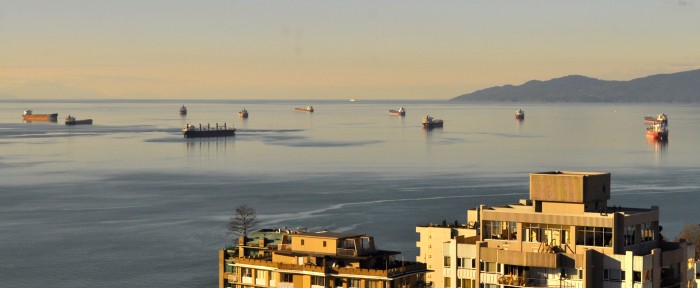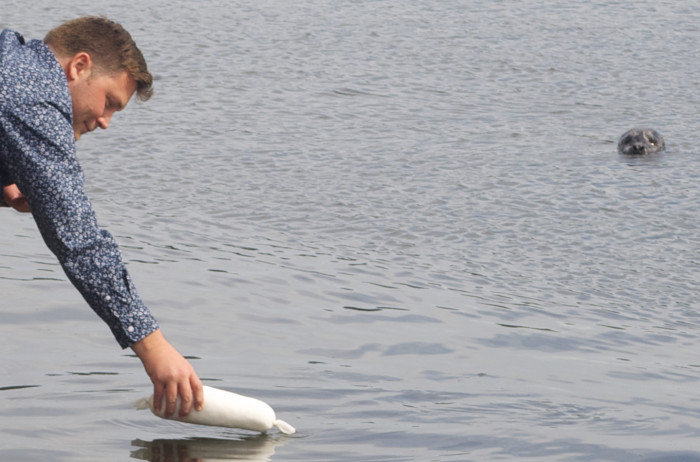Oil on Troubled Waters
‘What If’ became ‘What Now’
Just two weeks before oil spilled into the waters of the Salish Sea around Vancouver’s harbour, First Nations people gathered at T’Sou-ke to learn and talk about what would happen if…
No one at the Marine Safety and Risk Reduction Summit, hosted by T’Sou-ke First Nation, realized that the Coast Guard, Transport Canada and others would soon be in the news, justifying claims for a ‘world-leading response’ to a real oil spill.
First Nations’ experts sat down with people from government agencies and industry to talk about theoretical topics such as: West Coast energy infrastructure; marine safety systems; and habitat restoration. But as workshops and roundtable discussions dealt with “what if” scenarios, many delegates also talked about climate change, dirty oil, consumerism and other issues.
Our Oil for Fridges?
Two women—Carleen Thomas from Tsleil-Waututh and Kathleen Johnny from Lyackson—took over a presentation by Transport Canada when they started asking tough questions about the proposed Kinder Morgan pipeline and an increase in tanker traffic through the Salish Sea.
Even though they were told about already high levels of freighter traffic on those waters, they offered both practical and philosophical arguments.
“Kinder Morgan’s rationale is not necessarily Canada at all,” Johnny said. “Their rationale is that Third-World developing countries need this (oil). I don’t think it is Canada’s role to provide that climate-change impetus to the rest of the world.”
Thomas agreed, asking why it was okay for Canada oil to be exported by a US corporation so that people in China could buy more fridges and other consumer items.





